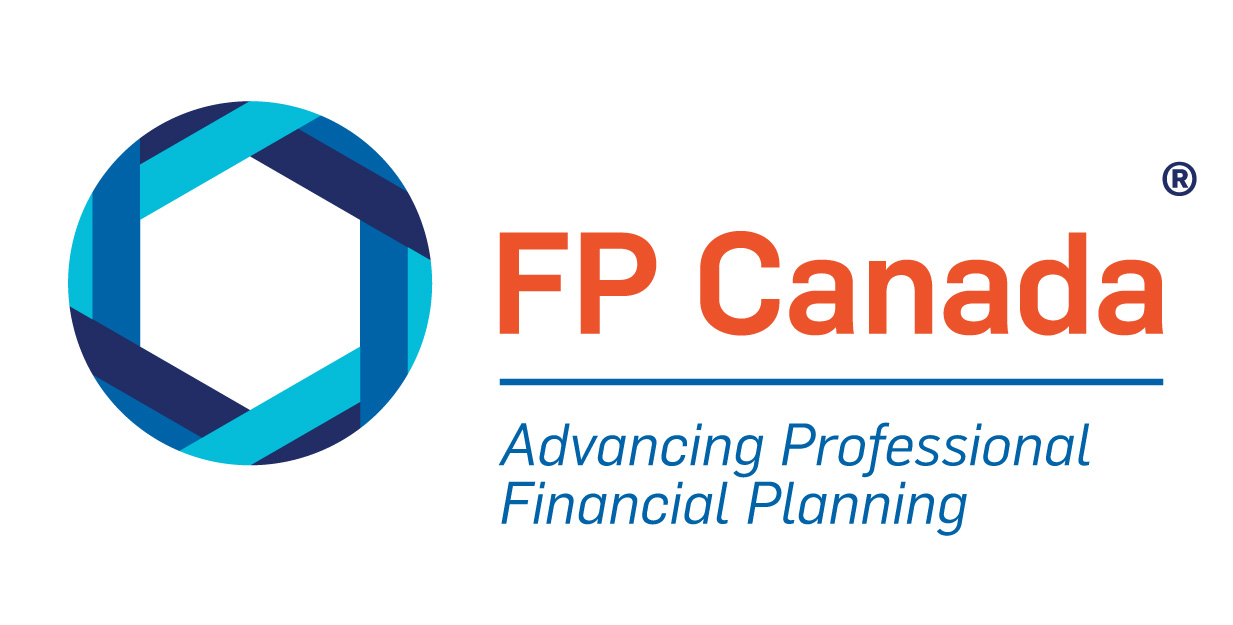In some cases, women may face unique challenges that affect their ability
to save for retirement.
There's no doubt that every woman's financial circumstances are unique. But there are common obstacles to building adequate retirement savings that women tend to face. These include challenges related to taking time out of the workforce to raise children and the gender wage gap. Given these issues, how can Canadian women save for retirement?
Here are a few insights from Tina Tehranchian, CFP®, and Andrea Gunraj, Vice President of Public Engagement at the Canadian Women’s Foundation (CWF), an organization dedicated to advancing gender equality.
Delegating Finances
According to Tehranchian, women often delegate responsibility for family finances to their male partners. However, it's worth noting that data suggests the average age of widowhood in Canada is 56. This reality highlights how important it is for women to control their personal finances and have a retirement plan.
Tehranchian says the problem isn’t that some women allow their partners to manage their money. The problem is that, in many cases, they may not have a clear picture of their finances.
Obstacles to Retirement
Unfortunately, one the biggest issues that affects many women’s retirement is the wage gap. “Women are still earning less for similar jobs than men,” says Tina Tehranchian.
According to Gunraj, the following is also true of women:
- On average, they earn less per hour than their male counterparts.
- They're twice as likely to end up in a precarious work situation than men.
- They're more likely to experience work interruptions due to caregiving responsibilities.
- Women typically perform ten years of unpaid work (including parental leave and childcare).
When requests for money from adult children and aging parents are added into the mix, it’s no wonder many Canadian women can’t afford to retire at all.
Financial Planning is Powerful
Tehranchian encourages every woman to consider working with a CFP professional or QAFP® professional to develop a personalized financial plan. Having that plan can help you feel incredibly feel empowered about managing your finances.
“It’s really important for all women to educate themselves and get involved with financial planning decisions that impact them as soon as possible,” says Tehranchian. When her female clients want to financially help others, she asks them to consider a hard question. Can they can truly afford to do so without sabotaging their own retirement?
For its part, the CWF offers economic development programs that help women start businesses and achieve financial independence.
Preventing Financial Abuse in Retirement
Ms. Tehranchian cautions her clients to be wary of financial abuse, especially in retirement. Financial abuse can come in many forms, such as inappropriate financial requests from adult children, or a new partner who shows up after a woman is widowed and mismanages her money.
She advises her clients to be on guard against financial abuse and educates them about power of attorney. A power of attorney is a document that gives someone the authority to take action related to your finances. “That person has the exact same control over your money as you would yourself,” says Tehranchian.
Having a financial plan and being informed about where you stand financially can ensure you have funds available when you need them. More importantly, it can empower you to say “no” when you have to.
To find the right CFP professional or QAFP professional for you, use our Find Your Planner tool.

 Find Your Financial Planner
Find Your Financial Planner

